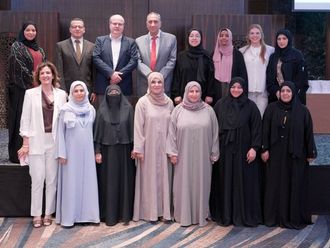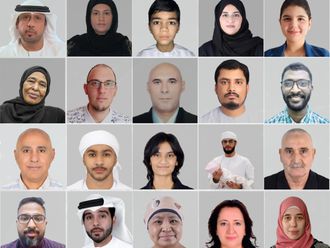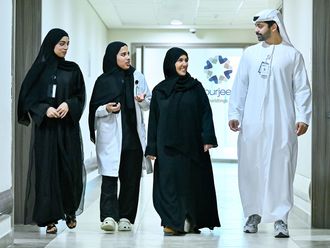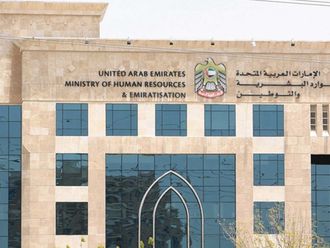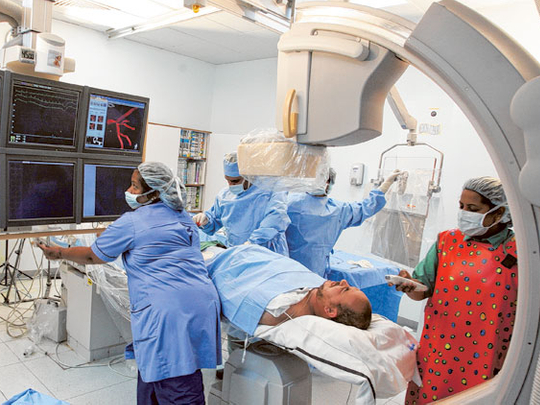
Dubai: Overseas patients who wish to seek treatment in Dubai will be able to avail of a three-month medical tourist visa, extendible twice — up to nine consecutive months — according to the first phase of an initiative by the Dubai Health Authority and the General Directorate of Residency and Foreigners Affairs.
The initiative aims to unify medical tourism procedures for the emirate, and is the outcome of a recent meeting held by DHA and GDRFA with private sector hospitals as well as the Dubai Healthcare City Authority. The first phase will facilitate hospitals with information on how to apply for a medical tourism visa for overseas patients in collaboration with health authorities.
The unification is in line with the directives of Shaikh Hamdan Bin Mohammad Bin Rashid Al Maktoum, Crown Prince of Dubai to push the medical tourism vision for the emirate. The new tourism visa agreement is only for Dubai.
Currently, only hospitals with international accreditation like the Joint Commission International (JCI) and those in the process of securing one will be eligible. The JCI is an independent, not-for-profit organisation which accredits and certifies health care providers and programmes that achieves the highest quality, best-value health care across all settings. In the UAE, several top health care units like Dubai Hospital and Imperial College London Diabetes Centre have this distinction.
For medical tourism visas, the DHA and GDRFA have designed a process for hospitals to comply with. Hospitals have to apply for a ‘facility establishment card’ — a requirement by the GDRFA, to apply for the medical tourist visa. The card has hospital details including the number of employees.
Speaking to Gulf News, Dr Laila Al Jasmi, CEO of Health Policy and Strategy Sector at the DHA said that hospitals are required to apply for a ‘treatment visa service quota’ from the DHA. This is a one-time requirement; if a hospital needs to expand capacity, it needs to reapply. This quota is in place to ensure that a hospital doesn’t over or under utilise its services as well as to protect the medical tourist.
“The quote is based on the medical tourism priority in terms of specialties, the market the medical tourism strategy is targeted at, and the current percentage of medical tourists that particular facility handles,” said Dr Laila.
In the next phase of the initiative, specialised clinics, spas and wellness centres will be invited to avail of the medical tourism visa provision, she added.
In a media statement, Major Jasim Ali Rashid Ahli, director of the Entry Permit Department at the GDRFA, said, that this type of visa has been in place since 2008 and issued to hospitals that sponsor patients and their accompanying family members. The patient needs to get a medical report attested by the UAE consulate in his or her residing country; this report needs to be submitted by the hospital along with the other documents.
Eisa Al Haj Al Maidour, director general at the DHA said that since Dubai offers excellent health care facilities, medical tourism is an extension of the hospitality that the emirate is synonymous with.
Marwan Abedin, chief executive officer of Dubai Healthcare City (DHCC) added: “This project is of vital importance to the overall health sector in Dubai as all relevant stakeholders including immigration, the aviation industry, the hospitality sector, public and private hospitals are coming together to position Dubai as a medical tourism destination.


